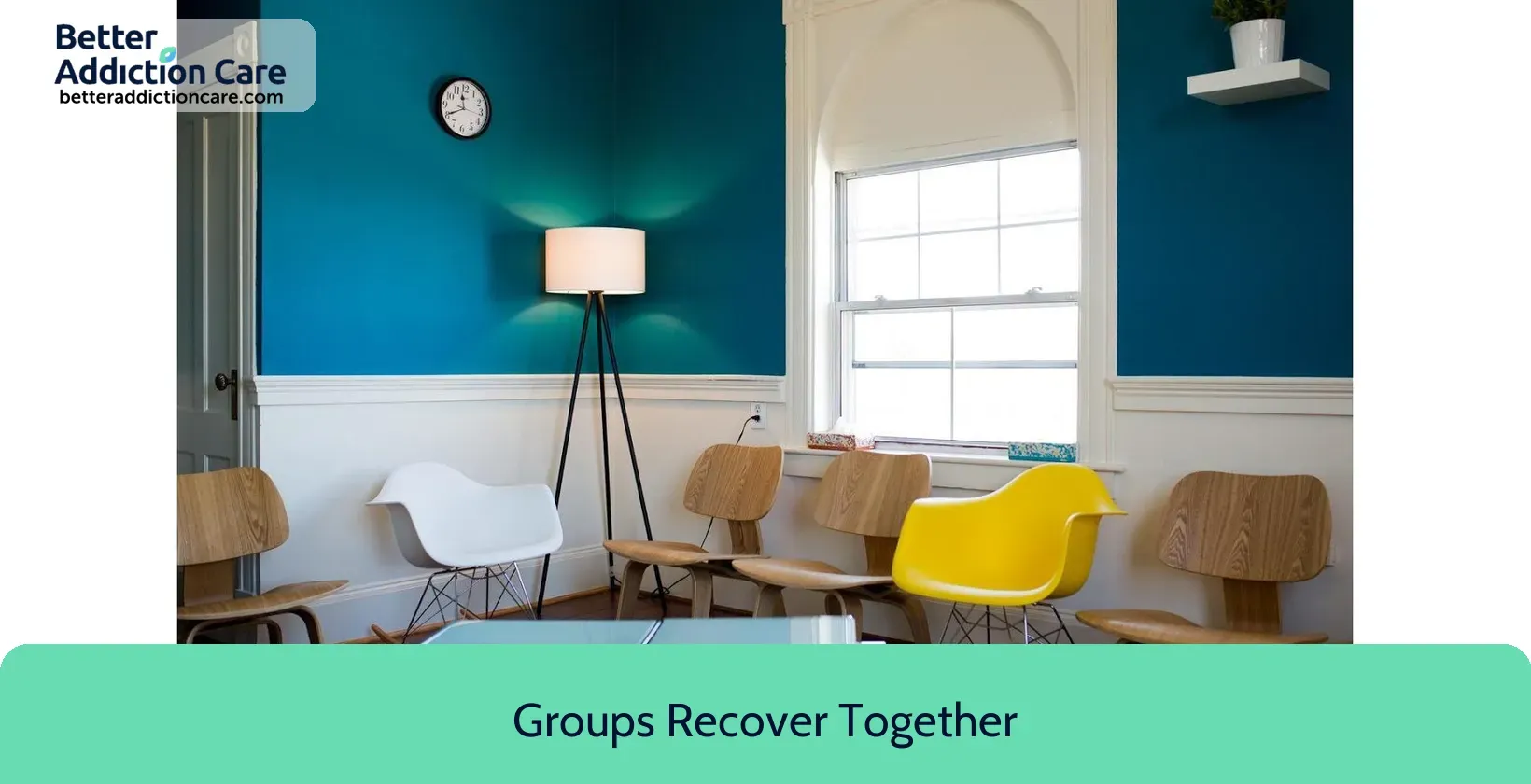Kennebec Behavioral Health

Overview
Kennebec Behavioral Health is a mental health treatment center for people seeking treatment near Franklin County. As part of their treatment modalities for recovery, Kennebec Behavioral Health provides family counseling, individual psychotherapy, and cognitive behavioral therapy during treatment. Kennebec Behavioral Health is located in Farmington, Maine, accepting county or local government funds for treatment.
Kennebec Behavioral Health at a Glance
Payment Options
- County or local government funds
- Community Mental Health Block Grants
- Community Service Block Grants
- Medicaid
- Private health insurance
Assessments
- Comprehensive mental health assessment
- Comprehensive substance use assessment
- Screening for tobacco use
Age Groups
- Adults
- Children/adolescents
- Young adults
- Seniors
Ancillary Services
- Case management service
Highlights About Kennebec Behavioral Health
7.21/10
With an overall rating of 7.21/10, this facility has following balanced range of services. Alcohol Rehabilitation: 8.30/10, Drug Rehab and Detox: 6.31/10, Insurance and Payments: 6.67/10, Treatment Options: 7.58/10.-
Alcohol Rehabilitation 8.30
-
Treatment Options 7.58
-
Insurance and Payments 6.67
-
Drug Rehab and Detox 6.31
Accreditations
Commission on Accreditation of Rehabilitation Facilities (CARF):

CARF accreditation is a globally recognized certification for rehabilitation and human service organizations. It signifies that an organization meets high-quality standards and is committed to providing top-level care. Achieving CARF accreditation involves a rigorous evaluation process, including on-site surveys. This accreditation enhances an organization's reputation, instills trust in clients and funders, and encourages ongoing excellence in the field.
Treatment At Kennebec Behavioral Health
Treatment Conditions
- Mental health treatment
- Alcoholism
- Opioid Addiction
- Substance use treatment
- Co-occurring Disorders
Care Levels
- Intensive outpatient treatment
- Detoxification
- Aftercare
- Outpatient
Treatment Modalities
- Family counseling
- Individual psychotherapy
- Cognitive Behavioral Therapy
- Dialectical Behavior Therapy
- Group counseling
Ancillary Services
Languages
- Sign language services for the deaf and hard of hearing
Special Programs
- Children/adolescents with serious emotional disturbance (SED)
- Persons with eating disorders
- Clients who have experienced trauma
Get Help Now
Common Questions About Kennebec Behavioral Health
Contact Information
Other Facilities in Farmington

6.84
Browse rehab centers near Farmington and in other cities across Maine
DISCLAIMER: The facility name, logo and brand are the property and registered trademarks of Groups Recover Together, and are being used for identification and informational purposes only. Use of these names, logos and brands shall not imply endorsement. BetterAddictionCare.com is not affiliated with or sponsored by Groups Recover Together.
